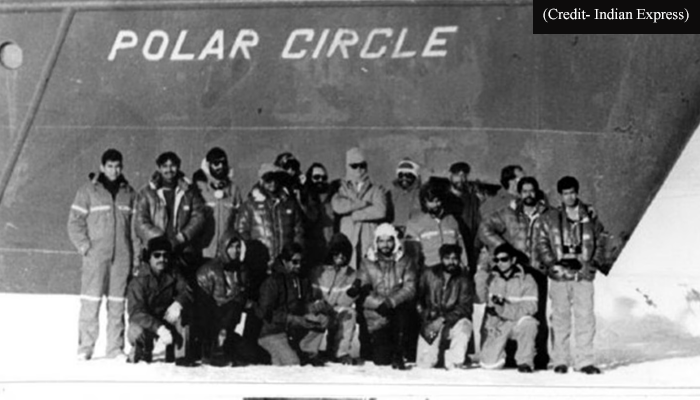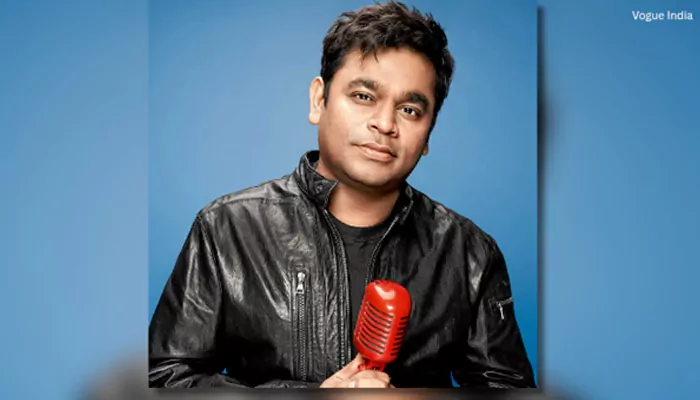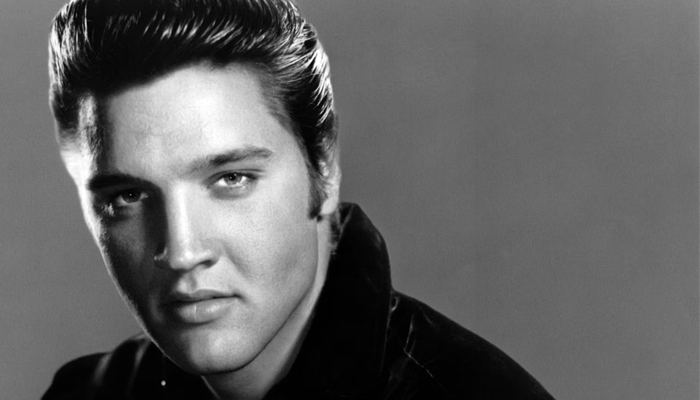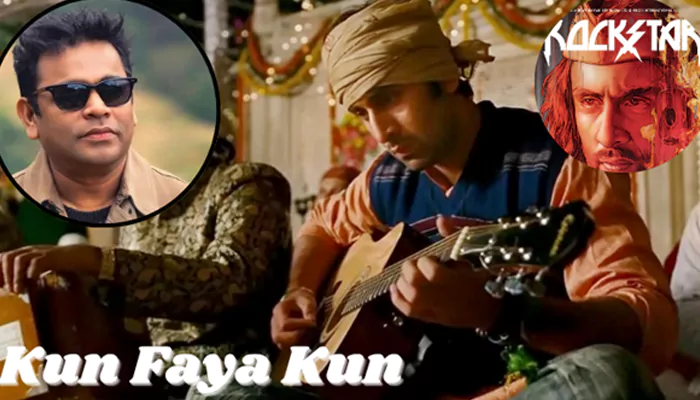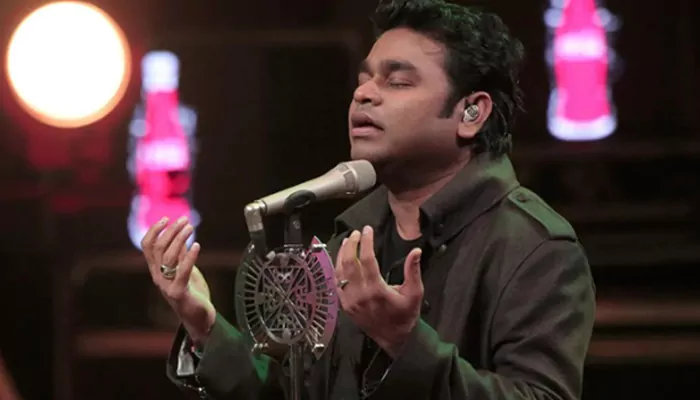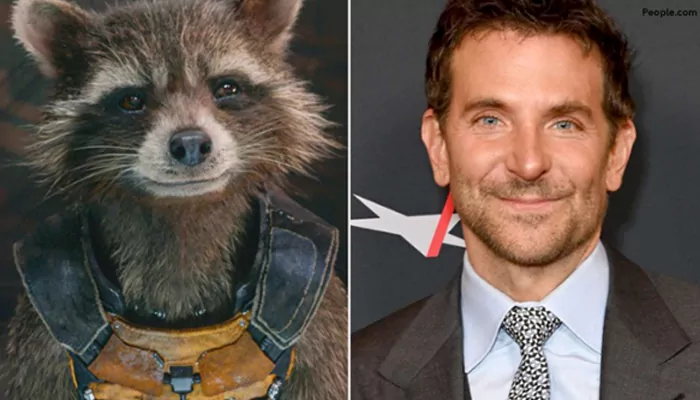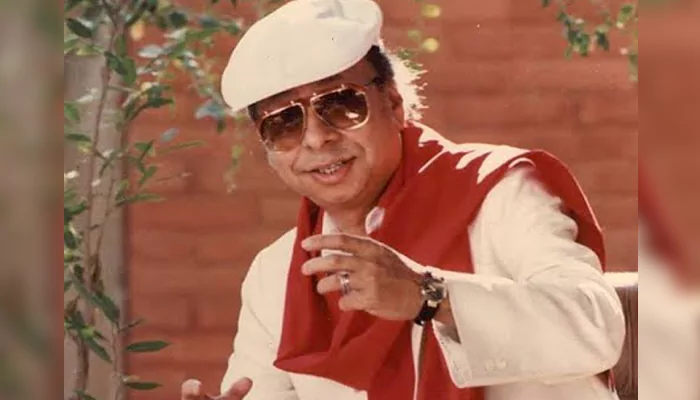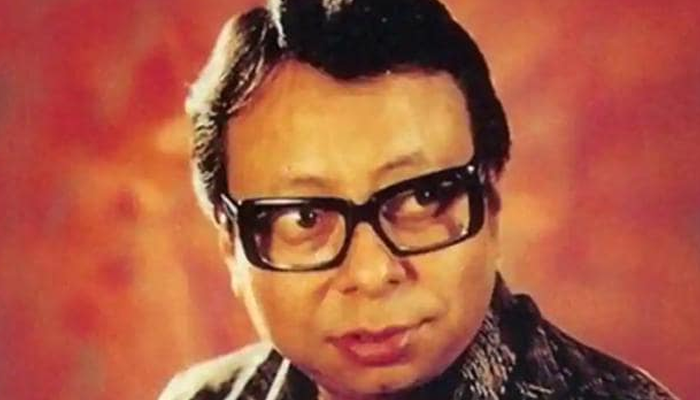From Nollywood To Netflix: Tracing The Evolution of Nigerian Cinema
- Gurpreet
- 1 year ago
- 4 minutes read

Nollywood's origins can be traced back to the early 1990s, a period marked by economic challenges in Nigeria.
The story of Nigerian cinema, known as Nollywood, is one of rapid evolution, and what kicked off as a grassroots movement in the early 1990s has now turned into a billion-dollar industry. Nollywood now has the attention of international platforms like Netflix. But this journey from Nollywood's humble beginnings to its current global stature is certainly a reflection of the creativity of Nigerian filmmakers, as well as the industry's ability to adapt to technological and cultural changes.
A New Era of African Storytelling
Nollywood's origins can be traced back to the early 1990s, a period when Nigeria faced economic challenges and limited resources for film production. At that time, the Nigerian film industry was driven by television productions and foreign films, with no homegrown movie industry. However, the emergence of affordable video cameras and the proliferation of VHS tapes changed the landscape of filmmaking in the country.
One of the major moments in Nollywood's history was the release of Living in Bondage in 1992, a low-budget thriller that emerged to be a massive success. Helmed by Chris Obi Rapu and produced by Kenneth Nnebue, the film had a distinctive Nigerian story, which resonated with local audiences. It led Nigerian filmmakers to bypass the bureaucratic processes of traditional film production and instead shoot on video and distribute directly to audiences.
The new model quickly gained traction, and several films were then shot on minimal budgets, and distributed across the country. Characterised by their raw aesthetic, with themes that were relevant to everyday Nigerians, these films captured the imaginations of millions and established Nollywood as a cultural force in Africa.
Creativity Amidst Challenges
As Nollywood grew throughout the 1990s and 2000s, it became one of the most renowned film industries in the world, and its ability to tell relatable stories that reflected the realities of Nigerian life was much appreciated. Unlike Hollywood or Bollywood, Nollywood films were often made quickly and on a low budget, with a focus on storytelling. It led to high output of films, but with major challenges.
This approach allowed for a high output of films, but it also came with challenges. The quick turnaround time meant quality was compromised, with poor editing, inconsistent acting, and low production values being the major problems. Moreover, piracy remained a huge concern with many films being illegally copied and distributed. Despite these challenges, Nollywood continued to thrive, with several filmmakers working together to overcome the obstacles they faced.
Nollywood Goes Global
With the advent of digital technology in the late 2000s and early 2010s amid the decline of VHS and the rise of digital cameras, Nigerian filmmakers were able to improve the quality of their projects and reach wider audiences. It led to introducing Nollywood to a global audience. Infact, with the rise of streaming platforms like YouTube and Netflix, Nigerian filmmakers can share their content with a global audience without the need for traditional distribution channels.
Netflix's entry into the Nigerian market in the mid-2010s has been a game-changer. The streaming giant began acquiring Nigerian films for its platform, giving them a global audience. The success of films like The Wedding Party (2016), King of Boys (2018), and Lionheart (2018)—the latter being Nigeria's first submission for the Academy Awards—showcased the growing appeal of Nollywood productions.
The Future of Nollywood
Nollywood's evolution from a local video film industry to a global entertainment powerhouse has not only provided a platform for Nigerian stories to be told but has also contributed to the country's economy, creating jobs and generating revenue. Nollywood has now grown into a global industry that commands the attention of international audiences and platforms.

